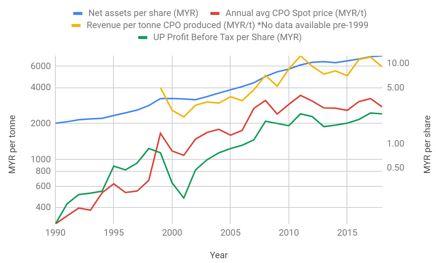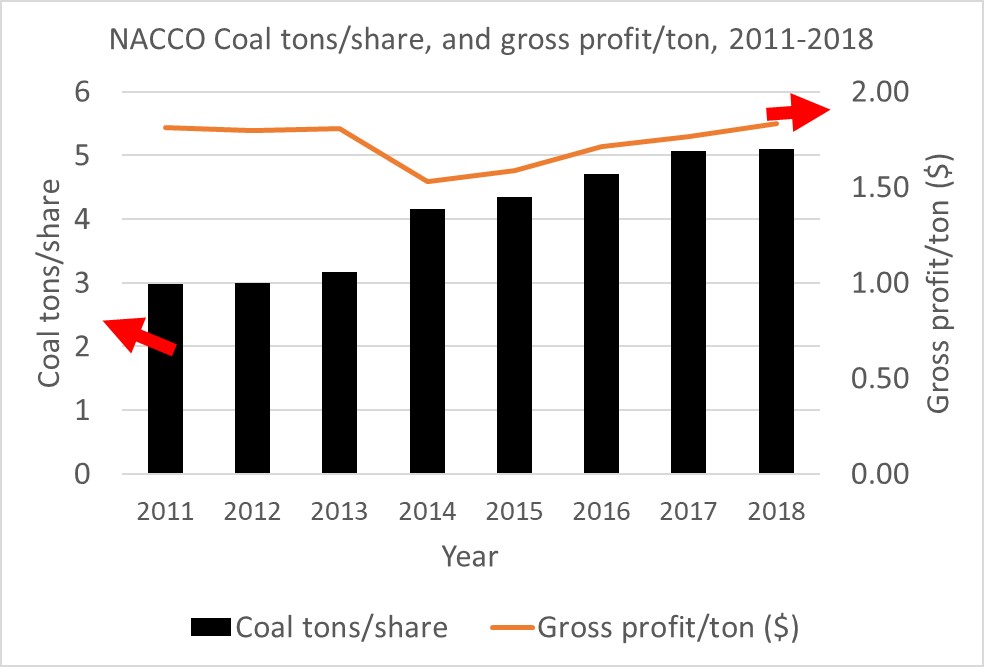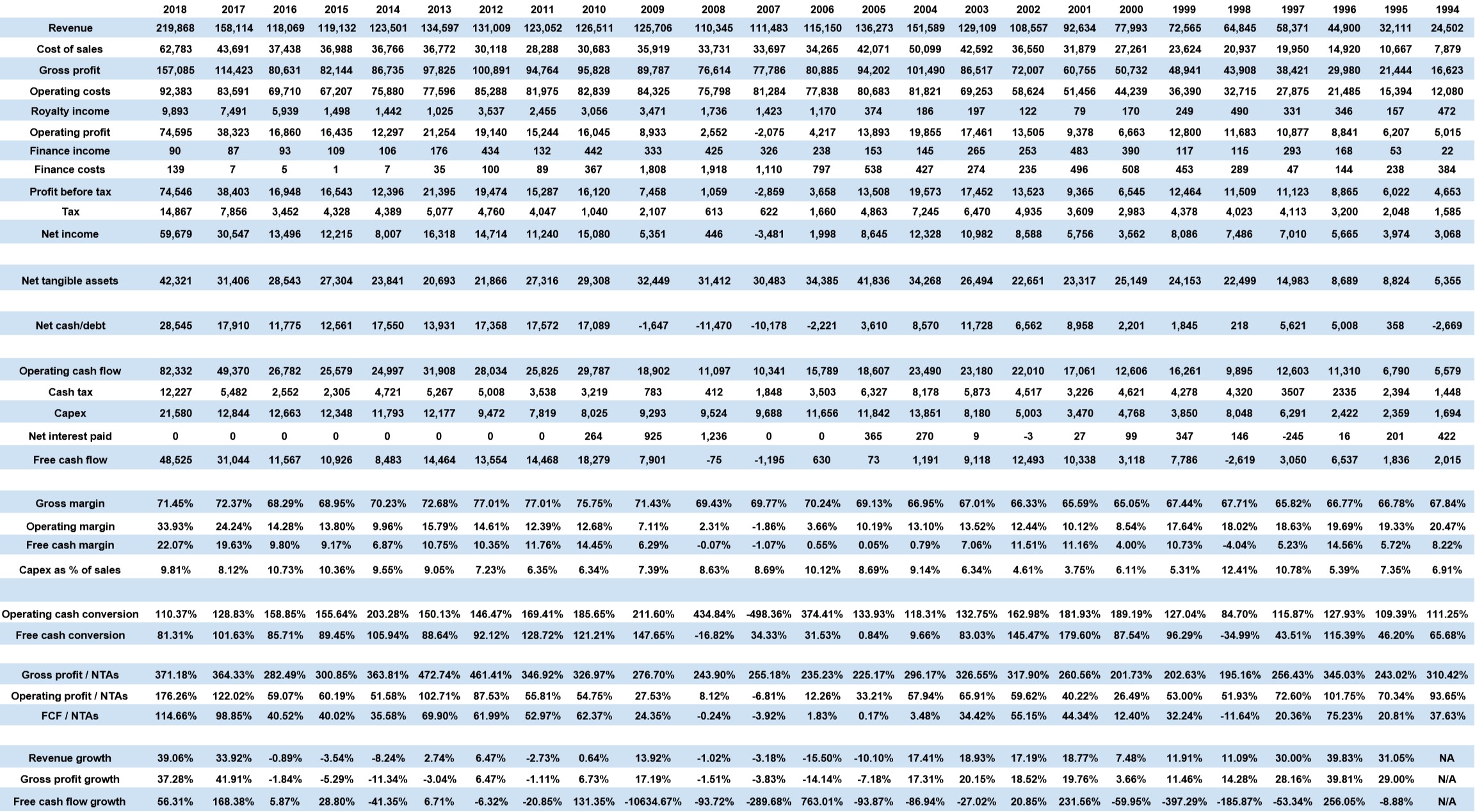How Safe Can You Really Make a 5-Stock Portfolio?
By GEOFF GANNON
Investors often overestimate the reduction in volatility they will get from diversification and underestimate the reduction in volatility they will get from simply owning stocks with a beta less than 1.
Over the last 10-11 years, I’ve owned 5 or fewer stocks in about 90%+ of all quarters. My portfolio’s returns have had a lower standard deviation in terms of returns than the S&P 500. And in terms of just “downside volatility” – which is what most investors mean when they say volatility (they aren’t bothered by big moves to the upside – only the downside) – the difference is even larger.
I’m sure there’s an element of luck to that. And, historically, I hadn’t intentionally focused on low beta stocks. Though – on average – my stocks would have always had lower betas than the market.
I’ve run a portfolio for over a decade with 5 stocks that had less volatility than a portfolio (the S&P 500) with 500 stocks. So, whatever the theoretical math is – I can tell you that in real world performance having 1/100th the number of positions if they have 8/10ths or 2/3rds or half the beta or whatever may end up being no more volatile than the overall market.
If you go from 5 to 500 positions – you will basically go to a beta of 1 (it will be 1 if the 500 are the S&P 500). If you are getting 50%+ of the diversification benefit from just 5 positions – I’m not sure how likely you can improve on reducing the volatility of your portfolio by increasing the number of stocks you hold (because you’d have to find other low beta stocks to keep the beta of your individual stocks lower than the market).
I don’t pay attention much to diversification, beta, etc. But, if you are looking to reduce volatility – especially downside volatility – without reducing returns (and especially without lowering the chance you outperform the market in the long-run) all the research I’ve seen would suggest that holding fewer positions with lower betas would do more for an investor than holding more positions with betas closer to 1. Of course, holding a lot of stocks all with low beta would reduce volatility the most.
So, I don’t think diversifying into more stocks with higher betas actually reduces volatility as much as individual investors expect it too. These investors overestimate the importance of diversification in reducing volatility and underestimate the importance of simply owing low volatility (low beta) stocks.
Does that mean there’s no point to diversifying?
Actually, I think most investors will feel much better diversifying. This is not because their portfolio with more stocks will be a lot less volatile. It’s because diversification has 4 main psychological benefits:
1) It may make some investors more likely to just let some positions sit there. If an investor has only 3, 4, or 5 positions – he …
Read more









 This miniature is a Primaris Space Marine. Space Marines are GW’s single most iconic creations – armies of elite, genetically engineered superhumans wearing power armour and dedicated to defending humanity in a hostile galaxy filled with forces bent on humanity’s destruction. The full GW model range is simply vast though, which you can get an idea of by visiting the company’s web pages at
This miniature is a Primaris Space Marine. Space Marines are GW’s single most iconic creations – armies of elite, genetically engineered superhumans wearing power armour and dedicated to defending humanity in a hostile galaxy filled with forces bent on humanity’s destruction. The full GW model range is simply vast though, which you can get an idea of by visiting the company’s web pages at